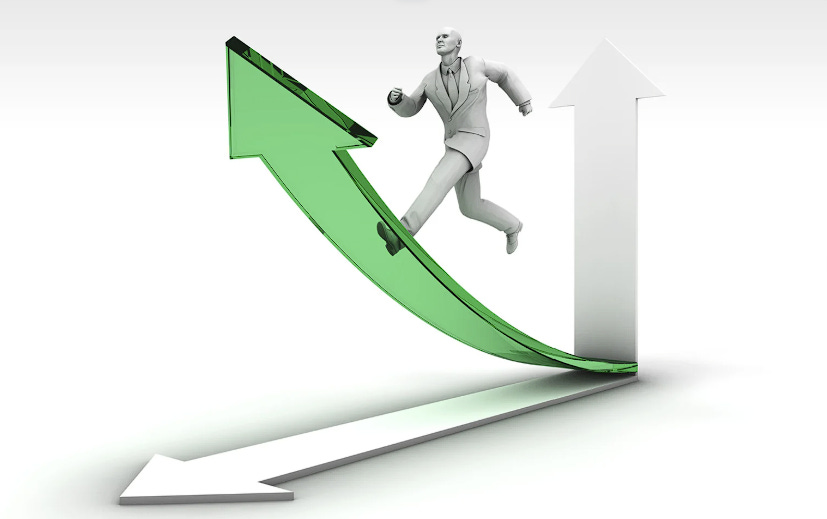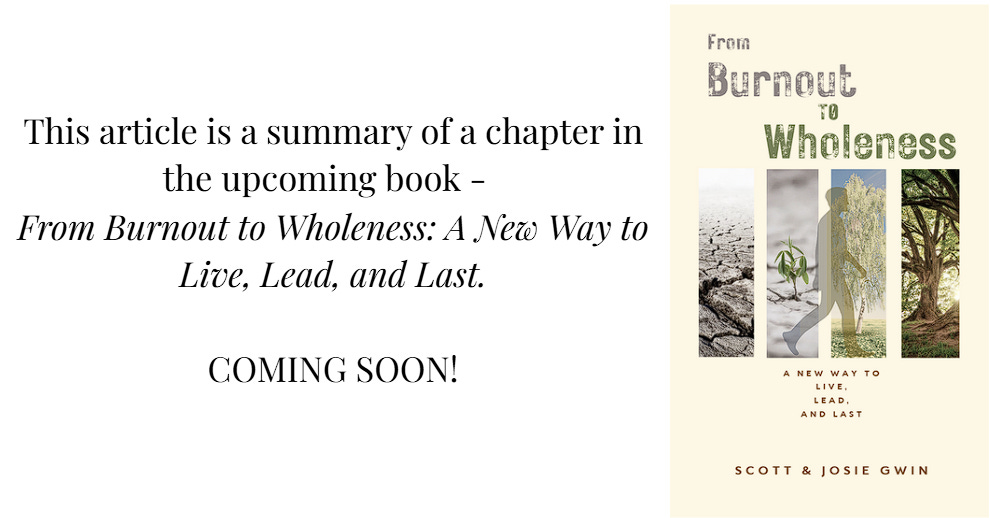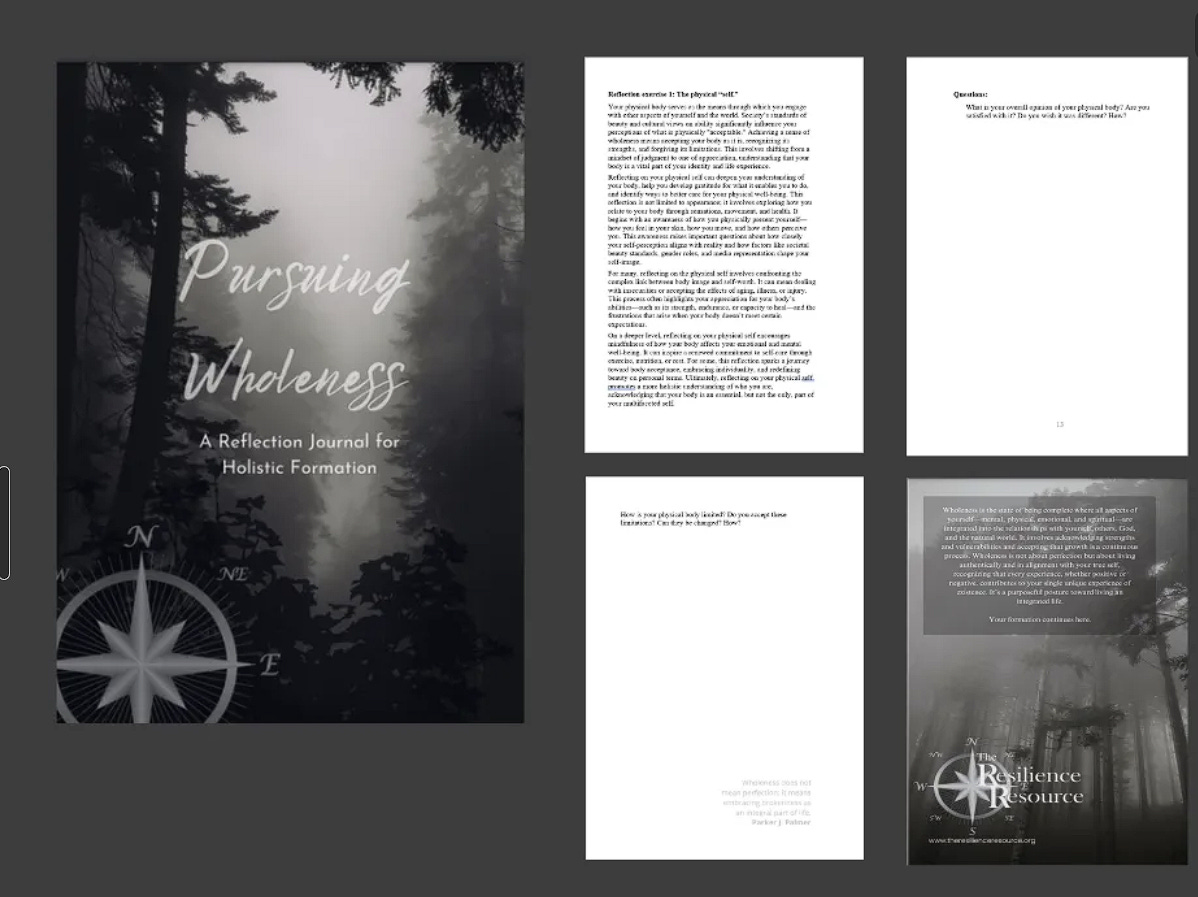Net Worth and the Nervous System
How centuries of productivity-as-identity laid the groundwork for burnout; and what it means to live life differently
“Heaven on Earth is a choice you must make, not a place you must find.”
— Wayne Dyer
The Origin Story of Exhaustion (and Why We Still Believe It)
It’s tempting to believe burnout is a new problem. That it belongs to the era of Slack, Teams, Google Calendar, and inbox zero. That our exhaustion is a uniquely modern glitch we can fix with a digital detox and some time management hacks. But burnout is not a software bug, it’s a feature of the system we live in. Not just because we’re weak or bad at boundaries, but because we inherited a structure that has spent centuries tying human worth to productivity.
To see this clearly, we have to rewind to before capitalism, before industrialism, all the way back to theology. The Protestant Reformation in 16th-century Europe wasn’t just a religious upheaval; it was a cultural rewiring. One of its key theological strands, Calvinism, introduced the doctrine of predestination (your eternal destination is pre-ordained by God rather than based on human choices). If your eternal fate was already sealed by God, how could you know where you stood? How could you tell if you were among the saved?
According to sociologist Max Weber, what followed was a cultural workaround. Lacking divine feedback, believers began to seek worldly clues about their final destination, specifically signs of success, hard work, and material wealth. If you were prosperous, you might be among the chosen. If you were idle or poor, well... the subtext spoke loudly enough. Over time, these beliefs hardened into cultural norms. Productivity became virtue. Busyness became righteousness. And the spiritual began to intertwine with the economic in ways that still shape our thinking today.
What’s most insidious is that we no longer recognize these values as constructed. We treat them as natural, inevitable, even moral. The person who works the longest hours is seen as dedicated. The person who turns rest into hustle ("I monetize my hobbies") is admired. The person who wants less (less output, less acclaim, less ambition) is met with concern. “Are you okay?” we ask, suspicious of anyone opting out.
Burnout is not just about doing too much. It’s about the deep-seated belief that your doing is the only thing that makes you matter.
One Job, One Task, No Meaning
By the time economist Adam Smith wrote The Wealth of Nations in 1776, the productivity gospel had moved out of the pulpit and into the factory. Smith’s theory of labor specialization-that dividing tasks into discrete steps would maximize efficiency-became one of the most influential economic ideas in history. His pin factory example was deceptively simple: if one person made a whole pin, it took time. If ten people each did one part of the process, the output multiplied dramatically.
This idea was a boon to industrial capitalism. Smith had cracked the code on scale. What he hadn’t fully accounted for, or perhaps didn’t care to, was the human cost of fragmenting labor into hyper-specialized functions. The worker became efficient, yes. But also less creative, less innovative, less…human.
The craftsperson was replaced by the task-doer in the production line. The person who once made things with a sense of completeness now did a single movement, over and over, disconnected from the final product, the bigger picture, or the purpose behind the work. Meaning became a scavenger hunt in the ledgers of line-items. What mattered was speed, replicability, and output. The question “What do you do?” began to shrink in scope. Not “What do you make?” or “What do you dream up?”, but literally: what do you do-in the smallest, most repetitive sense of the word.
We’re still living in that logic. Even today, knowledge work is increasingly compartmentalized. We’re rewarded not for understanding the system, but for optimizing one tiny corner of it. Creativity is only afforded to the privileged few. Vision is dictated by the organization. The message is clear: your job is not to think. Your job is to perform.
One Number to Rule Them All
In the 20th century, economist Simon Kuznets gave governments a new tool to measure economic activity: Gross Domestic Product. Initially developed during the Great Depression to assess the depth of national crisis, GDP was designed as a practical accounting system. But from the beginning, Kuznets issued warnings. He cautioned that GDP could not measure the distribution of wealth, the quality of life, or the environmental and social costs of growth. It was never intended to reflect human well-being.
Those warnings were ignored.
GDP became the scoreboard for global ambition. If your country’s GDP was growing, you were winning. If it wasn’t, something was wrong. Politicians, corporations, and media began treating GDP as a moral indicator, not just an economic one. Remember the ideals of the Protestant Reformation? They hit hard with God’s approval and ‘blessing’ measured in profit margins. Prosperity became synonymous with expansion. Shrinking, slowing down, even for good reason, became signs of failure.
And so, inevitably, individuals absorbed the logic. We created personal GDPs called “net worth.” We started tracking every hour, every step, optimizing output. Rest became suspicious. Stillness had to be earned. We quantified our sleep, our reading, our food, our friendships. If it couldn’t be counted, it was probably a waste of time.
GDP logic isn’t just narrow-perspective math, it’s bad metaphysics. It assumes that what makes life good is what can be measured. It leaves out joy, nuance, context, relationships, and love. It flattens us. And when we let that logic govern our self-worth, it exhausts us.
Time Got Monetized—and You Got Managed
Time used to be a landscape. Something we dwelled in, marked by sunlight and seasons and the natural rhythms of our bodies. Now it’s a commodity, one we’re always trying to save or spend, but certainly not waste. The Industrial Revolution gave us punch clocks. The digital age gave us scheduling tools and time-tracking software. Together, they gave us a pervasive sense that any moment unaccounted for is a liability.
Even rest has been conscripted. We no longer rest for the sake of restoration or pleasure. We rest so that we can return to work more effectively. A good nap is a “power nap.” One that helps you hit your targets throughout the afternoon. A good weekend is one that improves your Monday performance. Self-care becomes strategic. Leisure becomes loaded. And stillness feels suspect unless it comes with a caption.
This hyper-vigilant, transactional, unsatisfied relationship to time just wears down our bodies and scrambles our sense of self. When the value of every moment must be proven, the unstructured parts of life, things like grief, awe, idleness, curiosity, and wonder, begin to feel like threats. The kind of things that throw off your rhythm. The kind of things you squeeze in only after everything else has been optimized.
No wonder the nervous system is overwhelmed.
It’s being asked to treat life itself as billable hours.
How Work Got Personal (But Still Didn’t Care About You)
Not all labor is physical. Increasingly, the most demanding work is emotional, cognitive, and interpersonal. Sociologist Arlie Hochschild coined the term “emotional labor” to describe the invisible effort involved in managing feelings to meet professional expectations. Think of smiling at customers no matter your mood, or presenting as confident even when you’re overwhelmed.
This kind of labor has only increased in the modern workplace. Today, many organizations ask employees to bring their “whole selves” to work; a phrase that sounds empowering, but often means “perform constant emotional availability.” The result is a culture where you’re not just doing the job, you’re also managing optics, tone, energy, and interpersonal perception at all times.
For people in service professions, such as therapists, nurses, educators, social workers, aid workers, or first responders, the stakes are even higher. These roles demand a level of compassion and responsiveness that often outpaces the capacity of any one person to sustainably provide. And when institutions fail to support that gap, burnout becomes not just likely but structurally inevitable.
We are exhausted not only by what we do, but by what we must constantly signal while doing it.
Care Doesn’t Count (And That’s the Problem)
Economist Diane Coyle has highlighted one of the more disturbing contradictions in how we measure success: GDP includes economic activity from human trafficking, drug sales, and arms dealing, but excludes unpaid caregiving, community organizing, and environmental protection. In other words, the current system counts destruction as contribution and erases anything without dollar signs.
Sociologist Juliet Schor argues that this “growth paradigm” has not only misled economies but misled individuals. We’ve been conditioned to believe that financial growth is always good, even when it comes at the cost of rest, relationships, or ecological collapse. We measure our worth by our ability to produce more, scale more, achieve more. And stagnation is feared like death itself.
But what if stillness is not failure? What if shrinking is sometimes survival?
Burnout often emerges not from excess alone, but from contradiction. The contradiction of when what we’re told to value doesn’t match what we actually need.
When You’re Done Being a Metric
Let’s start with this: you don’t need a different way to track your value. You don’t need a more inclusive dashboard. You don’t need to audit your soul using softer benchmarks.
You need to stop measuring altogether.
If burnout is the body’s protest against being treated like a machine, then recovery isn’t about oiling the gears. It’s about refusing to be reduced by institutions, by economies, or by yourself to something measurable.
It’s refusing the lie that you are what you do, or what you’ve done, or what you might someday do if you get your act together.
Because this isn't just about exhaustion. It’s about disintegration. A slow and subtle kind, where the parts of life, things like grief, play, stillness, intimacy, softness, contradiction, that don’t translate into performance are quietly devalued until you stop trusting them. Until you stop trusting yourself.
So what does it look like to stop measuring?
It means decentering productivity as the default lens. Letting days be meaningful even if they don’t accomplish anything. Relearning how to be in relationship without evaluation how much you’re giving compared to how much you’re getting. Feeling good about yourself on a Tuesday afternoon even if you’ve done nothing impressive. It means divorcing your worth from your usefulness, especially in the moments when you feel least "useful."
This isn’t easy. There are no “five steps to restructuring your identity” formulas. The pull of old patterns is strong. You will likely still hear the internal narrator whispering, “But what did I get done today?” And the answer, sometimes, will be: nothing. And that will have to be enough.
Enough because you are not a project. Not a resume. Not a bottom line.
You're a person. Full stop.
What we need isn’t a new kind of accounting. We need to reclaim the right to live uncounted. To be immeasurable. To take up space, use time, spend energy-all without needing it to justify it with a return on investment.
The real rebellion isn’t in changing how we measure ourselves.
It’s in walking away from the ledger entirely.
SUPPORTING RESEARCH
Diane Coyle, GDP: A Brief but Affectionate History (Princeton, NJ: Princeton University Press, 2014).
Arlie Russell Hochschild, The Managed Heart: Commercialization of Human Feeling (Berkeley: University of California Press, 1983)
Simon Kuznets, “National Income, 1929–32,” 73rd Congress, 2nd Session, Senate Document No. 124 (Washington, DC: U.S. Government Printing Office, 1934).
Juliet B. Schor, The Overworked American: The Unexpected Decline of Leisure (New York: Basic Books, 1992).
Adam Smith, An Inquiry into the Nature and Causes of the Wealth of Nations (London: W. Strahan and T. Cadell, 1776).
Max Weber, The Protestant Ethic and the Spirit of Capitalism, trans. Talcott Parsons (New York: Routledge, 2001).
Resource Library:
For the Scholar (Heady, academic research for those who enjoy it.)
How identity is formed is a huge question that remains under debate. Here is an article written for the Journal of Human Sciences titled “Self, Identity and Identity Formation” discussing three different theories of identity formation.
For the Care-giver (Digging deeper into caring for people, including ourselves.)
If you don’t have a copy of Pursuing Wholeness from our team at The Resilience Resource, you are missing out. This journal dives deep into identity formation, and doesn’t shy away from asking the hard questions. It can be used individually or as a group initiative. Take a look
For Fun
Check out this inspiring video from actress America Ferrera, titled “Your Identity is Your Superpower,” where she speaks to realigning her values to embrace what she was made to be. Finding value, not in what people told her, or in what she might be, but in who she is.




